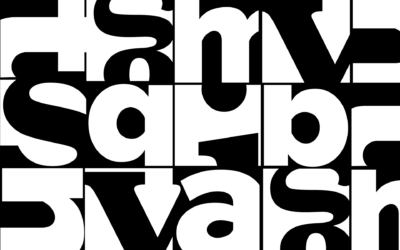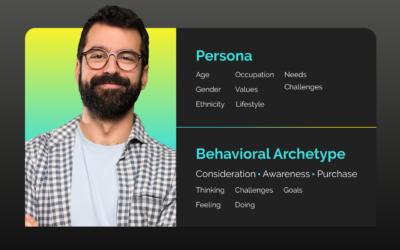There’s a lot that goes into the successful kickoff of a new project. Before the planning, however, comes the research. And while auditing documents and reviewing assets are crucial components of good research, stakeholder interviews are the gel that brings everything together. Below, some do’s and don’ts to guide your stakeholder interviews, research, planning and eventual project success.
- Don’t invite the same stakeholders. Diversify your interviewees to expand your perspective and gain a more holistic view of the project. Invite marketers, salespeople, engineers, developers, customer service people, and executives to participate in your stakeholder interviews — you could be surprised to learn how much information is trapped in a silo.
- Do write a guide. Think big by beginning with categories you want to cover and then drill down to three or four questions for each category.
- Don’t follow the guide to the letter. Keeping your end deliverable in mind, don’t be afraid to take in more information than you originally planned for. If the interview veers and it’s interesting, see where it takes you. It’s highly possible you’ll learn something important to the end deliverable — no detail is too small.
- Do capture verbatim quotes. In stakeholder interviews as in life, words matter. The choice and use of words by your interviewee will make a difference when it comes to translating notes into insights, implications, and messaging.
- Don’t skip the intro. Getting to know the stakeholders is the reason you are conducting the interviews in the first place. Keep in mind the stakeholders are on the inside and building rapport with them can only help get you closer to your goal.
- Don’t go over the time allotted. Stick to the schedule unless the stakeholder requests to keep going.
- Do listen, closely. Enough said.
- Don’t skip a closing. Not only is this a good practice generally, but it’s another opportunity to collect information you may not have thought to ask for. What keeps your stakeholder up at night? What questions might they have for you? Is there something else they think you should know? Wrap in a way that shows gratitude for the stakeholder’s time and insight. You are now both invested in the project.
- Do stay organized. While the interview is still fresh in your mind, organize your notes and translate the interview into a document (or documents) you and your team can use for research and planning the next phase of the project.
- Don’t underestimate the power of stakeholder interviews. There’s simply no other way to collect this type of data. Embrace the interview!
Kicking off a new project and want to incorporate stakeholder interviews into the process? Reach out; we’d love to hear more.
Photo by Daniel McCullough on Unsplash





